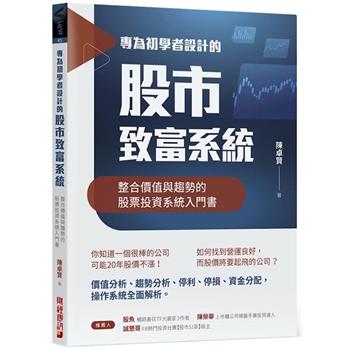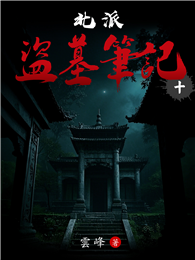From the award-winning author of The Island of Extraordinary Captives, the riveting, untold true story of the botanists at the world’s first seed bank who faced an impossible choice during the Siege of Leningrad: eat the collection to prevent starvation, or protect their life’s work to help end world hunger?
In the summer of 1941, German troops surrounded the Russian city of Leningrad--now St. Petersburg--and began the longest blockade in recorded history, one that would ultimately claim the lives of nearly three-quarters of a million people. At the center of the besieged city stood a converted palace that housed the world’s largest collection of seeds--more than 250,000 samples hand-collected over two decades from all over the globe by world-famous explorer, geneticist, and dissident Nikolai Vavilov, who had recently been disappeared by the Soviet government. After attempts to evacuate the priceless collection failed and supplies dwindled amongst the three million starving citizens, the employes at the Plant Institute were left with a terrible choice. Should they save the collection? Or themselves? These were not just any seeds. The botanists believed they could be bred into heartier, disease-resistant, and more productive varieties suited for harsh climates, therefore changing the future of food production and preventing famines like those that had plagued their countrymen before. But protecting the seeds was no idle business. The scientists rescued potato samples under enemy fire, extinguished bombs landing on the seed bank’s roof, and guarded the collection from scavengers, the bitter cold, and their own hunger. Then in the war’s eleventh hour, Nazi plunderers presented a new threat to the collection... Drawing from previously unseen sources, award-winning journalist Simon Parkin--who has "an inimitable capacity to find the human pulse in the underbelly of war" (The Spectator)--tells the incredible true story of the botanists who held their posts at the Plant Institute during the 872-day siege and the remarkable sacrifices they made in the name of science.| FindBook |
有 1 項符合
The Forbidden Garden: The Botanists of Besieged Leningrad and Their Impossible Choice的圖書 |
 |
The Forbidden Garden: The Botanists of Besieged Leningrad and Their Impossible Choice 作者:Parkin 出版社:Scribner Book Company 出版日期:2024-10-15 語言:英文 規格:精裝 / 416頁 / 22.86 x 15.24 x 2.72 cm / 普通級/ 初版 |
| 圖書館借閱 |
| 國家圖書館 | 全國圖書書目資訊網 | 國立公共資訊圖書館 | 電子書服務平台 | MetaCat 跨館整合查詢 |
| 臺北市立圖書館 | 新北市立圖書館 | 基隆市公共圖書館 | 桃園市立圖書館 | 新竹縣公共圖書館 |
| 苗栗縣立圖書館 | 臺中市立圖書館 | 彰化縣公共圖書館 | 南投縣文化局 | 雲林縣公共圖書館 |
| 嘉義縣圖書館 | 臺南市立圖書館 | 高雄市立圖書館 | 屏東縣公共圖書館 | 宜蘭縣公共圖書館 |
| 花蓮縣文化局 | 臺東縣文化處 |
|
|
圖書介紹 - 資料來源:博客來 評分:
圖書名稱:The Forbidden Garden: The Botanists of Besieged Leningrad and Their Impossible Choice
內容簡介
作者簡介
Simon Parkin is an award-winning British journalist and author. A contributing writer for TheNew Yorker, he has also written for The Guardian, The Observer, The New York Times, Harper’s Magazine, New Statesmen, the BBC, and other publications. He is the author of The Island of Extraordinary Captives (winner of the Wingate Literary Prize), A Game of Birds and Wolves, and Death by Video Game, and his work has been featured in The Best American Nonrequired Reading. He was named a finalist in the Foreign Press Association Media Awards and is the recipient of two awards from the Society of Professional Journalists. Parkin lives in West Sussex, England.
|











